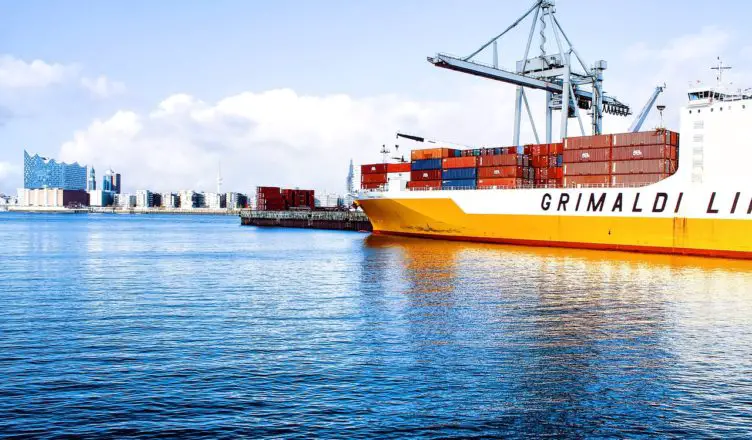For anyone who is new to the Shipping Industry, International Shipping process seems to be a bit difficult. You have to follow some formalities and procedures to make those processes easy.
There are some common terms you should know while dealing with international shipping as follows:
Commercial Invoice
An invoice is a commercial document for the goods that are shipped from a buyer to the seller. The information in the invoice includes general information such as the name and location of the seller and the buyer or receiver.
In addition to this information, there is some information related to goods such as the quantity and cost of each product and the sum of all the products.
Payment related information is the most important of all this information. The delivery charges, tax charges, and discounts are mentioned in the invoice. All these charges are mentioned in the currency that was used in the quote.
The method of delivery is also mentioned in the invoice.
Packing list
A package list is important for domestic shipments, this is known as the Export package list. The Export package list contains more detailed information that helps the freight forwarder to create the transport document for the shipment.
When there is a need for payment under the letter of credit, the export packing list is mandatory. It’s mentioned under 46A (required documents) list too.
The Export package list is important during the customs to check in the arrival and destination country to identify what the package contains and the location of the package. This helps them to examine a part of the package rather than checking the whole shipment.
The Export package list contains the information on the net and gross weight and also the dimensions of the items in the package.
Any special instructions to handle the package like “Handle with care” for glass products are enlisted in the package list.
Certificate of Origin
Exporting goods from one country to another country requires a Certificate of Origin in order to identify from where the goods were originated.
The Certificate of Origin needs to be attested by some semi-official organizations such as the Chamber of Commerce or any such organizations. Certificate of Origin is important if the invoice contains information about the country of origin.
Usually, the chamber of Commerce charges a fee to attest to the certificate. You have to submit a complete form to the chamber office. They will stamp, sign, and notarize it for you.
Cargo Insurance
For international shipping, it is better to ensure the package that we ship. This protects the shipments against all the risks of physical damage, or damages by air, water or land.
This is helpful for covering financial loss and damages incurred. There are some limitations that can’t be insured.
Depend upon the Incoterms settled between buyer and seller, insurance has to bear by any party.
Transport documents
There are many ways for shipping goods, by means of water, air, land, or a combination of any two means.
Since the trade occurs internationally, the transport documents will be more in number and it is importing to know the origin and significance of each document.
The transport document must importantly contain the name of the carrier.
The transport documents must contain the information about the name, address of the sender and the receiver, date of the booking, places of origin and destination, description of the items in the shipment package along with the net and gross weight of items, and the freight charges.
Different modes of transport need different transport documents such as
1)Lorry Receipt (LR)
Lorry Receipt or simply LR is a copy issued by the transporting company who is responsible to transport the shipment via road.
2) Railway Receipt
If the goods are sent through railways, an official from the railway’s department would issue the Railway Receipt. This acts as a proof or acknowledgment from the respected railway department for sending the goods from source to destination.
3) Bill of Lading
A Shipping carrier issues the Bill of Lading (B/L). This is a contract for shipping goods from one place to another. It also acts as a receipt for the shipment. You can track through it before delivering it to the receiver.
4) Airway Bill (AWB)
If a package is transported via an airplane, then the flight authority issues a bill denoting the items that the package has and the details regarding the time of shipment. The Airway Bill allows tracking a shipment in the airline.
Get to know and understand everything which helps you from starting your shipping business to ending in one of the top places among your competitors with Logistics and Shipping courses, available at Logwiz.






